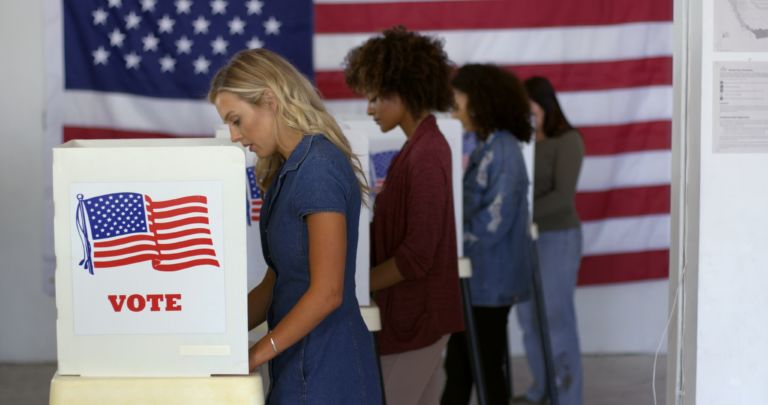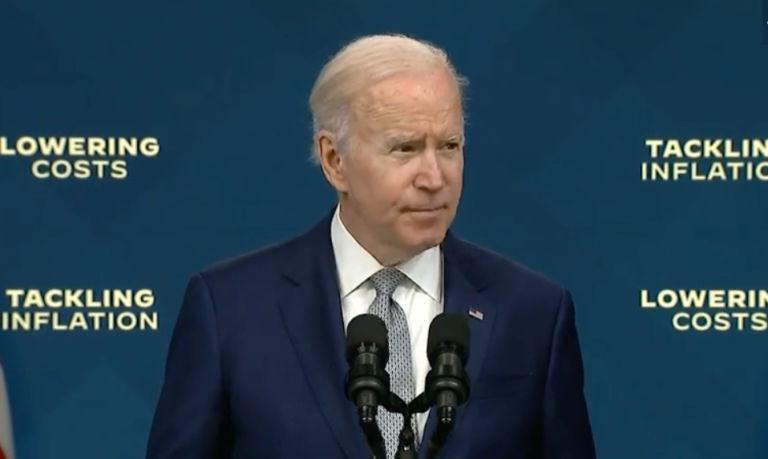James Antle of the Washington Examiner focuses on the electoral impact of U.S. Supreme Court Justice Ruth Bader Ginsburg’s untimely death.
The upcoming Supreme Court nomination fight is uniting the Republican Party around President Trump ahead of November’s election like few issues could.
Not even impeachment could keep Sen. Mitt Romney, a Utah Republican and frequent Trump critic, in the fold. But there he was Tuesday, announcing he would support a vote on Trump’s Supreme Court nominee.
The Supreme Court nominations of Neil Gorsuch and Brett Kavanaugh earned the backing of many Never Trump conservatives who voted for third-party candidates like Evan McMullin in 2016. The Kavanaugh confirmation fight especially galvanized conservatives, even moving some of the disaffected into the Trump camp. It also solidified support for Republican Senate candidates in red states, allowing the party to expand its majority in the upper chamber in an otherwise discouraging midterm election.
Two years earlier, a candidate on Saturday eve, Trump rallied skeptical social conservatives by promising to replace the late Justice Antonin Scalia with a similarly inclined judge. He even unveiled a list of his prospective picks who were vetted by conservative legal networks. Trump ended up winning a higher percentage of voters who cast their ballots based on the Supreme Court than Hillary Clinton, according to exit polls.
Democrats will be similarly motivated to keep a conservative out of the seat vacated by iconic liberal Justice Ruth Bader Ginsburg, who died on Friday at the age of 87 after a battle with cancer. Their efforts to sink the Trump nominee could also forge unity among Republicans, as they react to the bare-knuckled tactics likely to be employed to keep the seat open in the event that Democratic presidential nominee Joe Biden beats Trump. Some Democrats are also threatening to expand the court, also known as court-packing, if a Trump appointee is confirmed.

